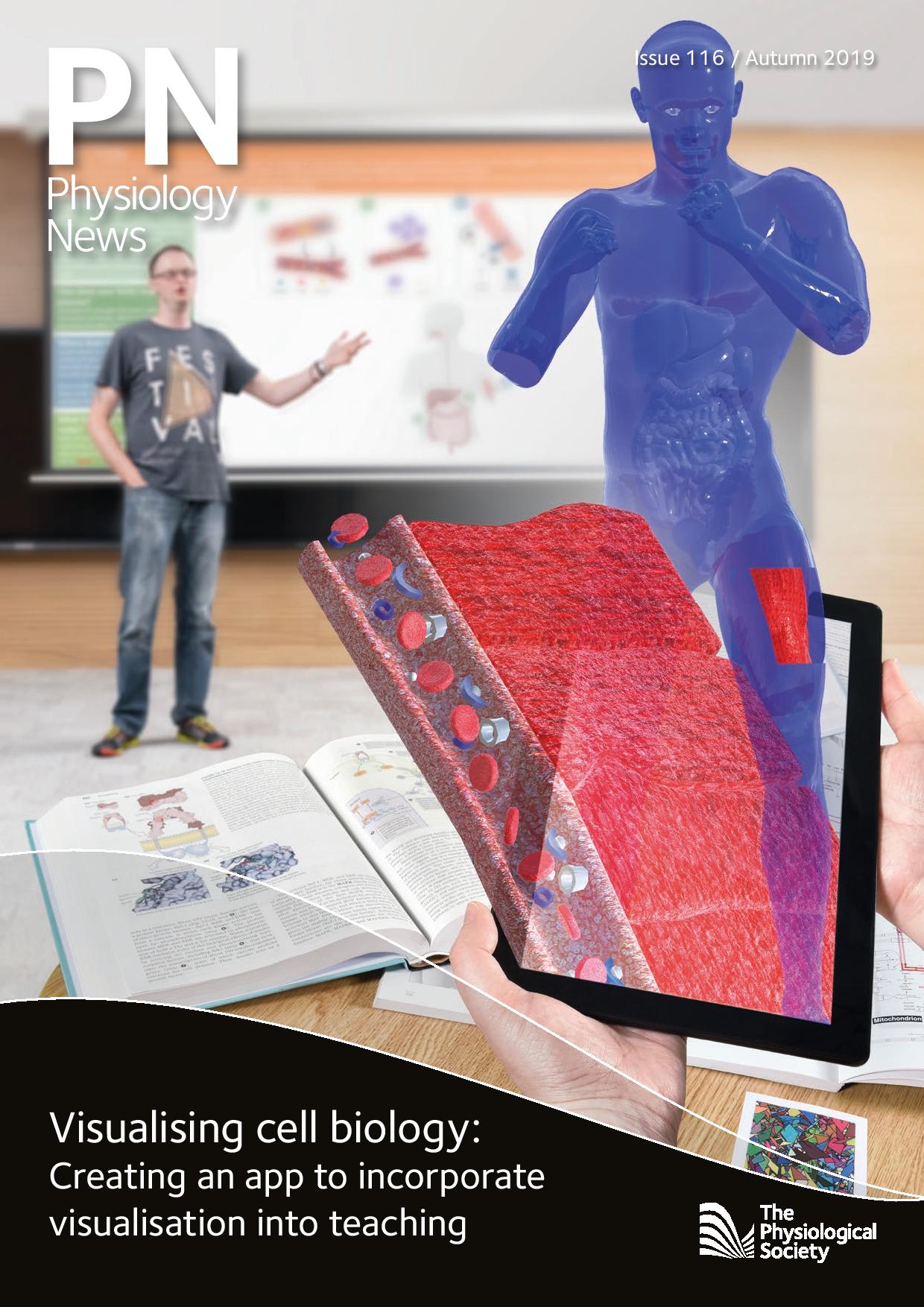
Physiology News Magazine
Educational privilege vs equal opportunities
Letters to the Editor
Educational privilege vs equal opportunities
Letters to the Editor
Michael Taggart, Newcastle University, UK
https://doi.org/10.36866/pn.116.10a
Many congratulations on an interesting and informative recent Diversity Special Issue of Physiology News (PN 115). The range of circumstances highlighted really does send out an important message to us all (e.g. it alerted me to change the colouring in my slides for a pending presentation). If I may, I’d like to draw attention to one issue not mentioned – the influence of educational privilege.
At the time of writing (26 July) the UK has a newly-appointed Prime Minister. He is the 28th (out of 78) to have attended Oxford University and the 20th to have been schooled at Eton College. Of his cabinet members 64% were privately educated (more if you include selective education) and 45% attended Oxbridge. Moreover, the Diversity Special Issue of Physiology News arrived in my pigeon hole at the same time as a publication by the Sutton Trust and Social Mobility Commission of their report on “Elitist Britain 2019 – The educational backgrounds of Britain’s leading people” 1.
This report highlights how educational privilege – in essence assessed as the lift-up to life opportunities offered by private/selective schooling and/or attendance at Oxbridge universities – permeates all aspects of our professional structures. It makes for stark reading. Yet, there seems to be resistance to the idea of fully examining the extent to which any such privilege might influence matters in the broad higher education arena. Of the many Equality, Diversity and Inclusion (EDI) initiatives at universities and research institutes, has any acknowledged this topic as a potential obstacle to meeting EDI aspirations of staff?
In the Diversity Special Issue of Physiology News, there was only a brief nod to this when Chi Onwurah MP suggested that “socio-economic status” should be considered as a component of diversity. Perhaps the reticence is because it’s undoubtedly a complex matter, even an uncomfortable one, to consider. Maybe, to many fair-minded individuals, it’s thought to be an unnecessary query to pose. However, the foregoing suggests it is important to engage with this issue and gather evidence because EDI is not, I suggest, just about widening access. It is also about assessing if there are equal opportunities for successful participation in all aspects of our social and professional environments, including occupying the major decision-making roles. Indeed, a relevant recommendation from the Sutton Trust and Social Mobility Commission report is as follows:
“Data on the socio-economic background of employees should be collected and monitored by employers in the same way as gender or ethnicity. In order to combat inequalities in the workplace, employers and government need to have better data to identify where the barriers lie. There should be a particular focus on how class background interacts with level of seniority in an organisation.”
So, my gentle suggestion to organisations controlling agendas for research, teaching and learning in the higher education setting – the UK and devolved governments, UKRI and associated Research Councils, universities, independent research charities (e.g. member organisations of the Association of Medical Research Charities), “independent” research institutions, and, yes, learned societies like The Physiological Society – is to survey whether there has been privileged access to the decision-making roles. Do people from backgrounds of private/selective schooling and/or Oxbridge attendance disproportionately occupy the roles of major influence such as Vice-Chancellors, Presidents, Chief Executives, Deans, Head of Departments or Chairs (or members) of grant review/policy/strategy/promotion panels? There may be some interesting findings that imbue confidence, concern or curiosity. As Bridget Lumb wrote in her President’s View in Physiology News 115: “Recognising one’s own … unconscious bias is a good first step to making positive change.”
References
- Sutton Trust and Social Mobility Commission (2019). Elitist Britain. [Online] Available at: www.suttontrust.com/wp-content/uploads/2019/06/Elitist-Britain-2019.pdf
